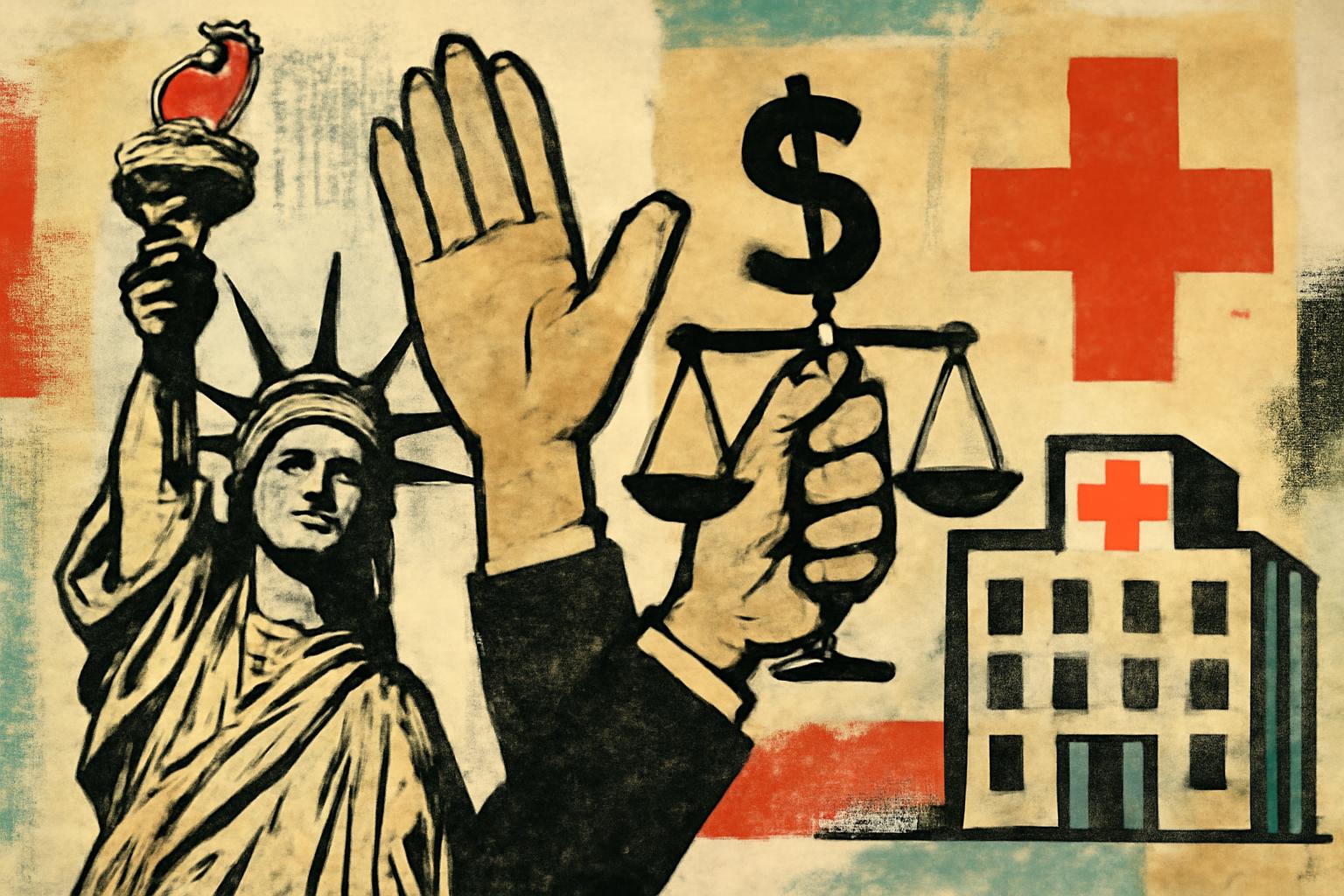The push to slap a universal per-visit charge on patients is the kind of coercive tinkering that shows why central planning always fails. If you want to curb “doctor hopping,” you don’t solve it with a forced toll that punishes people for seeking care. You unleash patient choice, price signals, and genuine competition among providers so that people can decide where and when to use care without being fungible units of a bureaucratic ledger.
What’s happening: the Employers’ association wants a charge for every doctor visit, set high enough to change behavior and discourage frequent switching. It’s pitched as a way to fix inefficiency, but it would apply to all visits—cancer treatment, vaccinations, urgent care, dialysis—hitting the chronically ill hardest and turning medical need into a money problem. Historically, a similar Praxisgebühr (a 10-euro quarterly fee) did not deliver benefits and simply added administrative burdens. The pushback from GPs, unions, and patient-protection groups is loud for good reason: you undermine access, distort care, and widen social inequality by making care a cost rather than a right people can voluntarily purchase.
From a libertarian vantage point, this is textbook state meddling that violates individual rights and distorts voluntary exchange. Nozick would insist that people own their bodies and their labor to keep what they earn; a universal visit fee is compulsion—money extracted to steer behavior, not to protect rights. Hayek would warn about the knowledge problem: a centralized authority cannot know the right price, the right level, or the right beneficiaries of such a charge. It substitutes bureaucratic fiat for local knowledge—patient needs, doctor quality, wait times, and true costs—all of which are dispersed across millions of private decisions. Rand would call this a collectivist shortcut through which the state uses force to engineer “better” outcomes, ignoring the moral primacy of voluntary, rational self-interest and exchange.
The evidence from history is damning: when the state tries to micromanage care through a universal charge, it crowds out the very signals that lead to better care and more efficient providers. The old Praxisgebühr did not create a healthier, cheaper system; it reduced access and added admin work without solving the core problems. If anything, it highlighted that coercive price floors and tolls degrade care, especially for those with real, ongoing needs.
What should be done instead, from a libertarian perspective grounded in Hayek, Nozick, and Rand? - End coercive “gatekeeping by fee.” Move away from forced barriers and toward empowering patient choice with voluntary arrangements. - Broaden and deepen competition among providers. Lower barriers to entry, reduce licensing and reimbursement frictions that shield incumbents, and encourage transparent pricing so patients can compare value. - Promote price transparency and direct-pay options. Let individuals decide whether to use private insurance, health savings accounts, or other voluntary financing tools. Give people the resources to manage risk themselves, not to be trapped in a single payer’s web of fees. - Rely on voluntary networks, not compelled redistribution. If there are social gaps, address them with voluntary charity, private philanthropy, and community networks—not with universal charges that punish the sick and the poor. - Treat care as a market-good within a framework of safety and ethics, but without coercive taxation or mandated tariffs on visits. People should be free to contract for care and to opt out of bundled systems that treat healthcare as a bureaucratic entitlement rather than a service bought and sold on individual terms.
In short, the cure is not another universal fee that burdens the sick and distorts incentives. The cure is to unleash patient sovereignty and provider competition, align prices with real costs through voluntary exchange, and trust individuals to navigate health care the way they navigate any other complex market—guided by information, choice, and the spontaneous order that arises when state coercion gives way to liberty.
